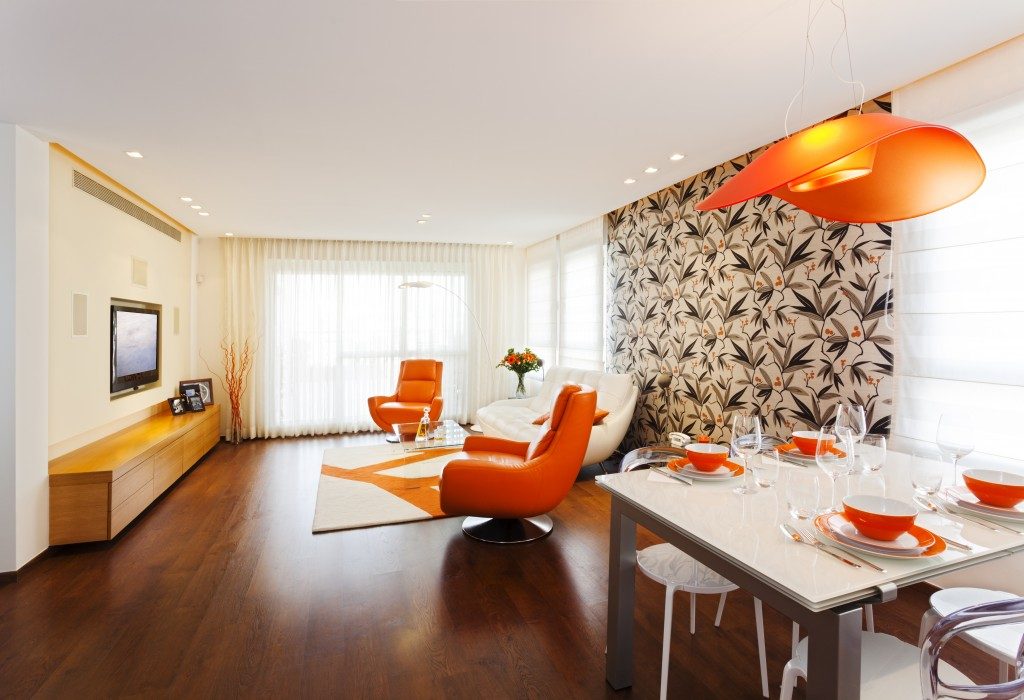- Businesses can adopt sustainable practices for cost savings, efficiency, and enhancing public relations.
- Using sustainable building materials like recycled wood, bamboo, recycled plastic, and reclaimed metal can reduce carbon footprint.
- Adopting energy-efficient lighting, cool roofing materials and renewable energy sources can significantly cut costs and save energy.
- Switching to sustainable consumables and introducing a better waste management system can make your workspace more eco-friendly.
As the world is becoming more aware of the need for sustainable practices, businesses are also taking necessary steps towards becoming eco-friendly. Besides the ethical and moral reasons, increased efficiency, cost savings, and public relations also act as driving factors towards this transformation.
Creating a sustainable business space can seem daunting, but it’s not impossible. With the help of the latest eco-friendly innovations and a bit of effort, companies can upgrade their operations to be more sustainable, environmentally friendly, and profitable. This blog will share a few eco-friendly upgrades to help you create a better, more sustainable business space for your employees and customers.
Use Sustainable Building Materials
When constructing a new office space or renovating an existing one, consider using sustainable materials. These materials have a lower environmental impact and are often more durable than traditional building materials. Not only will this help reduce your carbon footprint, but it can also create a unique and modern aesthetic for your business. Such materials include the following:
Recycled wood
Recycled wood can be used for flooring, furniture, and other interior elements. It not only reduces deforestation but also adds a rustic charm to your office space.
Bamboo
Bamboo is a fast-growing plant that can be harvested within five to seven years. It’s strong, durable, and has a low impact on the environment. You can use it for flooring, furniture, and even as a sustainable alternative to plastic products.
Recycled plastic
Recycled plastic can be used to make furniture, carpets, and other interior elements. It’s a great way to reduce waste and give new life to materials that would otherwise end up in landfills.
Reclaimed metal
Reclaimed metal, such as repurposed steel or aluminum, can be used for structural elements in your office space. It’s not only environmentally friendly but also adds an industrial touch to the design.
By using sustainable building materials, you can reduce your carbon footprint and create a healthier workspace for your employees.
Upgrade to Energy-Efficient Lighting

Lighting is one of the most critical aspects of any business space. It not only illuminates your space but also affects your employees’ productivity and energy costs. Upgrading to energy-efficient lighting can save you substantial amounts of money and reduce your carbon footprint.
LED and CFL light bulbs are great alternatives to traditional incandescent bulbs. They use up to 80% less energy and last up to 25 times longer. Plus, they generate less heat, meaning you don’t need to spend as much money on air conditioning during the summer months.
Upgrade Your Roofing
Your roof plays a significant role in regulating the temperature of your business space. Traditional roofing materials such as asphalt and shingles absorb heat, making your space warmer and increasing air conditioning costs. By upgrading to cool roofing materials, you can reduce your cooling costs and save energy.
Just make sure you employ the help of an experienced commercial roofing contractor. They will help you choose the best eco-friendly roofing material for your building and ensure proper installation. They can also assist with regular maintenance and repairs, ensuring your roof remains energy-efficient.
Switch to Renewable Energy

By switching to renewable energy sources such as solar or wind, businesses can reduce their dependence on fossil fuels and resulting greenhouse gas emissions. While the cost of setting up renewable energy may seem significant at first, it is essential to recognize how much it can save in the long term.
Overall, renewable energy provides electricity at a lower price, which leads to significant cost savings. Plus, adopting green energy sources can improve the corporate reputation, making you more attractive to eco-conscious consumers.
Introduce Sustainable Consumables
Everyday consumables such as office stationery, cleaning products, and food packaging can significantly impact the environment. Companies can switch to reusable, recyclable, or biodegradable products, which are more eco-friendly and cost-effective in the long run.
Introduce better waste management systems to your office or commercial building to ensure recyclables get recycled, and compostables are composted. Installing a food waste compost bin and switching to zero-waste cleaning products can help keep things sustainable.
Transforming your business into a sustainable, eco-friendly space doesn’t have to be an overwhelming task. It can start with small steps and incremental changes that, over time, will significantly reduce your organization’s carbon footprint. By embracing sustainable building materials, energy-efficient lighting, renewable energy, and sustainable consumables, you can create a more efficient, cost-effective, and environmentally friendly workspace.
Not only does this benefit the planet, but it also positions your company as a socially responsible entity, which can boost your brand’s reputation and appeal to the growing market of eco-conscious consumers. With these strategies in place, you are well on your way to creating a better, more sustainable future for your business and the world at large.


